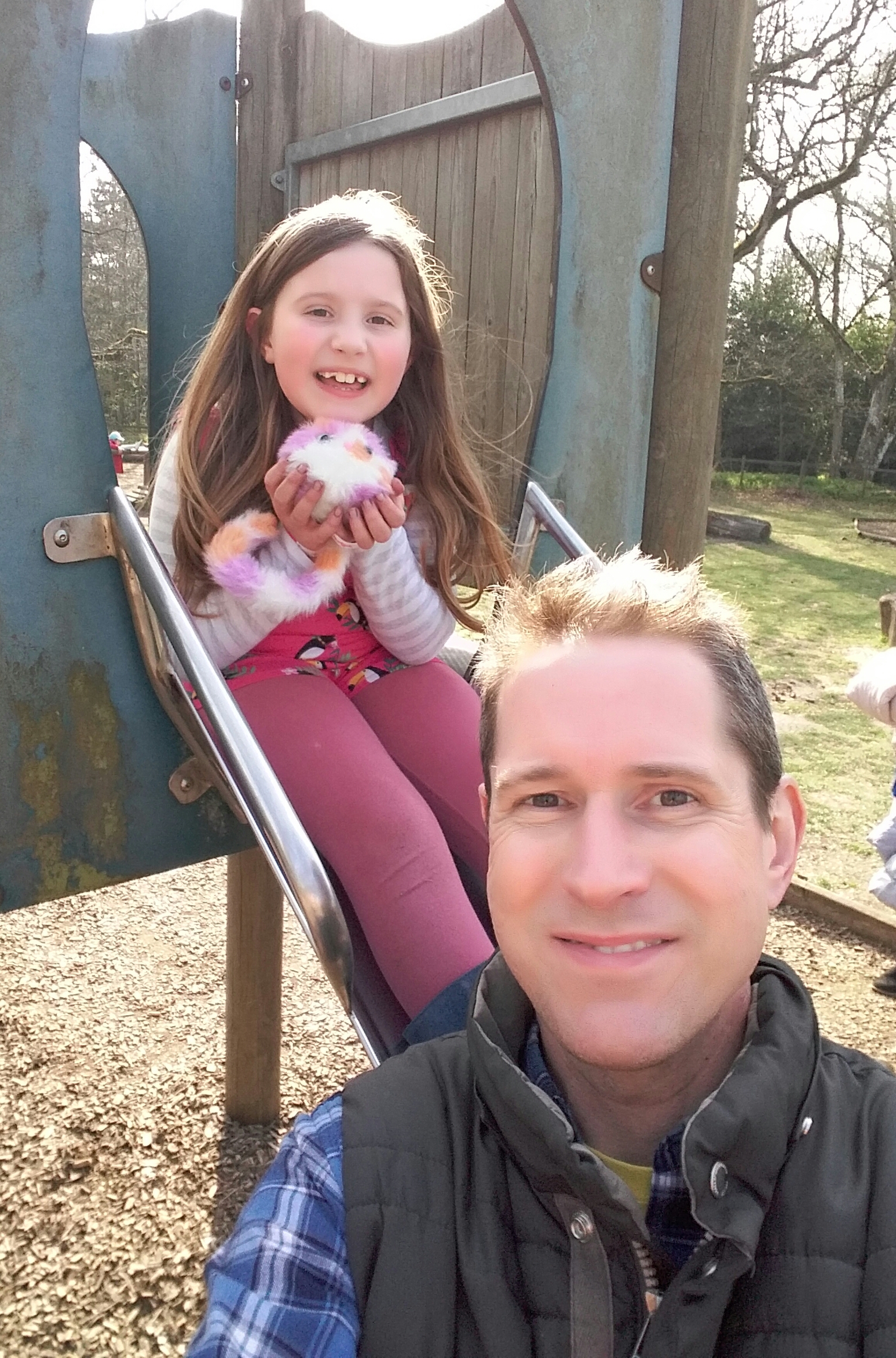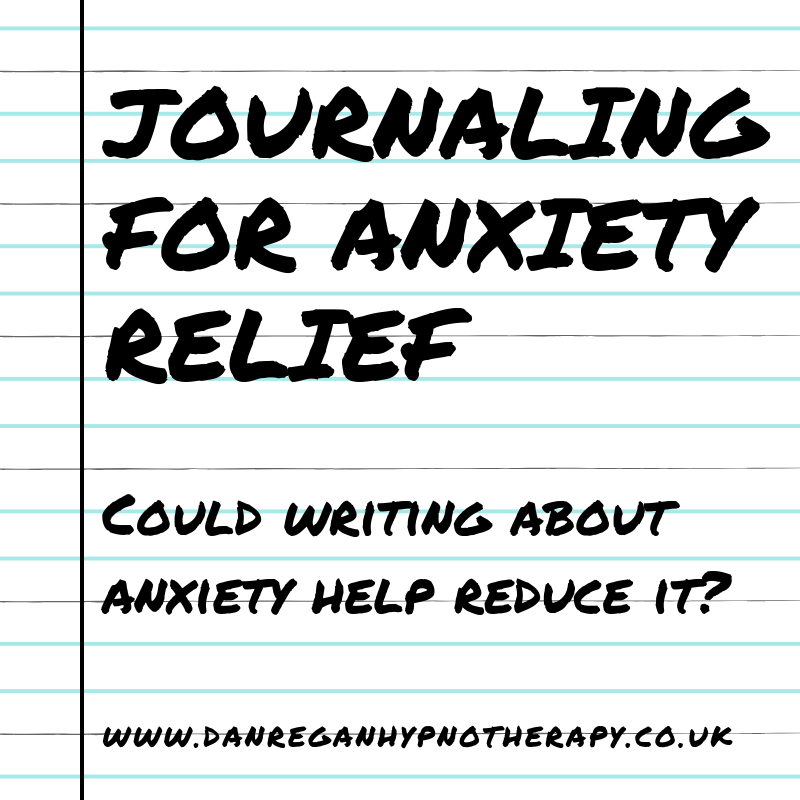Required
Could writing about your anxiety help reduce it? Journaling For Anxiety Relief
Could writing about your anxiety help reduce it? Journaling for Anxiety Relief:
Using journals seems to have become very much a thing these days. Just a quick search on Amazon shows results including claims that using the journal can help you believe in yourself more, become happier, increase personal well-being, deal with your past, have a more meaningful life, soothe stress, eliminate anxiety and achieve your goals (amongst many other advertised benefits).
So could journaling and writing about your anxiety, stress and mental health really help you to reduce anxiety and feel better?
Certainly writing down the things on their minds is something I’ve used with my kids at times over the years. Sometimes they may not want to talk about what is troubling them or struggle to put it into words or perhaps there isn’t enough privacy to do so at that time (what with the four of us hustling and bustling about the place). Somehow writing it down has made it easier for them to think through what it is that is on their mind and making them anxious and to be able to get it out of their head and onto paper.
As a parent it really is helpful to have an idea of what they may be overthinking about, and to understand where that anxiety fits in the grand scheme of things. At one time my eldest would use one of those ‘worry eater’ soft toys to help her to handle challenges she was facing.
Writing down the anxious thoughts and feelings we are experiencing has been associated with improvements in mental health yet how can we make the best use of journaling and writing about anxiety related experience?
Of course, writing and journaling are only way to deal with anxiety and getting out in nature, being active, finding the positive and expressing gratitude and simply laughing all help too.
Recently it was my daughter’s birthday and it was one of the most lovely days I can remember simply because we switched off screens, went out into nature and got busy doing lots of stuff (like running around, completing a forest Easter egg trail and doing some Easter crafts as a family). I think this one enjoyed her birthday!

The Candy Floss Machine of Anxiety
One of the things that can easily and habitually happen with anxiety (and stress, worry and many other issues) is how it has a way of becoming cyclical in your mind. The more you worry about those worst cases and negative outcomes, the more anxious you feel and the more you find yourself thinking anxious thoughts. It can start to develop a momentum of its own that can lead to behaviours such as stopping doing things, avoidance and escapism.
Anxious thoughts that just roll around and around in your head have a way of expanding and dragging in other anxious thoughts and other parts of your life until everything is spinning around in there.
Recently I heard this way anxiety has of growing and expanding in your thoughts and feelings as being similar to a candy floss machine. If you’ve ever seen a candy floss machine, a stick is put into it and more and more candy floss gets attached to it as it moves around. In the same way, anxious thoughts can start as just one thought of something and, when left alone inside your head, can grow into a much bigger thing.
And perhaps like candy floss, once you talk about that thing or write it down and get it out of your head in some way, it starts to dissolve until all that is left is the stick, and even that can be more easily discarded.
With those anxious thoughts inside your head, you start to feel more tense and on edge and that thoughts starts to grow and magnify. It can become much more unnecessarily bigger as you focus on it, over think it and feel worse about it.
Sometimes what you really need to do is just get it out of your head so you can consider and evaluate it for what it really is.
Journaling For Anxiety and Stress Relief
Writing about personally experienced stressors, anxieties or traumatic events has been associated with mental health improvements (such as decreased distress and depression).
Research by Ullrich & Lutgendorf (Journaling about stressful events: Effects of cognitive processing and emotional expression) looked at the effect of two types of journaling to understand which method was most beneficial for mental health. One hundred and twenty two students were randomly assigned to one of three groups who either focused on journaling about emotions related to a trauma or stressor, focused on cognitions and emotions related to a trauma or stressor or (the control group), writing factually about media events.
The participants were instructed to write at least twice a week for at least ten minutes (for a period of one month) about either their ‘deepest feelings’ about the stressor/trauma, their ‘deepest thoughts and feelings’ about it, including how they had tried to make sense of it and what they told themselves about it to help them deal with it, or to keep a ‘journal of events from the media involving loss and trauma’.
And so their aim was to identify whether writing only about emotions would be more beneficial, or whether adding in thoughts and cognitions would lead to more positive outcomes.
From their results they found that “participants in the cognitions and emotions group reported increases in positive growth from trauma over time, whereas the other two groups showed no change. Participants in the emotional expression group reported more physical illness during the study than those in the other two groups.”
The findings suggest that when it comes to mental health benefits from journaling, engaging both cognitions and emotions is likely to lead to more positive growth from stressors and trauma. By including your thoughts, as well as feelings, and how you have tried to make sense of a situation and what you tell yourself about it to help yourself to deal with it, you are likely to more successfully grow from it and adjust to it.
As the authors conclude,
“This study indicates that journaling about a personally experienced stressful or traumatic event may facilitate positive growth from the event. However, the focus of journaling is important. Journaling that highlights emotional expression and cognitive processing, that is, efforts to understand and make sense of a traumatic event, may offer greater benefits than journaling focused on the expression of negative emotion.”
And so if you are journaling about stressful or traumatic events that have happened and that contribute to your anxiety then you should endeavour to cover both emotional and cognitive elements about that situation or event. For future anxious things, you should describe how you are trying to understand, make sense and deal with things and how your feelings may change about it.
As this research shows, journaling can have positive benefits and doesn’t have to be burdensome, in this example it only involved writing at least twice a week for at least ten minutes.
Interestingly, another research report suggests that even less time than that may be required for health benefits.
Burton & King (Effects of (very) brief writing on health: The two‐minute miracle) had forty nine undergraduates write about either a personal trauma, a positive life experience or a control topic for two minutes a day for two days. Both the trauma and the positive experience group reported fewer health complaints at follow up.
They wrote that, “this study shows that health benefits follow from just two minutes of written expression. Certainly these results do not mean that spending more time expressing emotion is bad but they do show that the minimum dosage required may be lower than previously thought.”
They considered that participants may have spent a good deal of time between the two sessions processing their experience and that the exercise may have harnessed the power of ‘unfinished business’ and so sped up their personal closure and resolution.
These two research studies suggest that to benefit from journaling about anxiety, stress or trauma, you should aim to write about and express your emotions and feelings about things and also include your thoughts and thinking about it. There is certainly value in getting ‘stuff’ out of your head and onto paper in terms or processing and making sense of what is going on mentally, as well as ensuring that those anxious thoughts are kept in their true perspective (rather than being amplified and distorted in your mind). And, to gain the positive benefits of your journaling may not take as long in time as you may have anticipated and may only require a few minutes a week.
Of course, it may be possible to build upon dealing with anxiety by also writing about the positive things you are looking forward to and have experienced as well as taking the opportunity to soberly review and challenge some of the things that you have got out of your head and onto paper (perhaps using some of the things I mention in this article: Challenging Anxious Thinking to Reign in Anxiety). .
To your success,
Dan Regan
Hypnotherapy in Ely & Newmarket
Could you use some help to overcome your anxiety? Book your Complimentary Hypnotherapy Strategy Session with Dan to find out more: Appointments
Find out what dozens of other people have said after their hypnotherapy sessions with Dan: What People Say
You can check out these powerful hypnosis downloads that can start helping you right away: Hypnosis Downloads
And you can read more about anxiety and anxiety relief in these hypnotherapy articles: Anxiety Articles
References:
Ullrich, P.M. and Lutgendorf, S.K., 2002. Journaling about stressful events: Effects of cognitive processing and emotional expression. Annals of Behavioral Medicine, 24(3), pp.244-250.
Burton, C.M. and King, L.A., 2008. Effects of (very) brief writing on health: The two‐minute miracle. British Journal of Health Psychology, 13(1), pp.9-14.
Get Your Copy Right Now…
Subscribe to Dan’s Digest filled with tips, strategies and techniques and get instant access to your free rapid relaxation hypnosis audio track.
Enjoy feeling and being more mentally calm and physically relaxed right now:





0 Comments